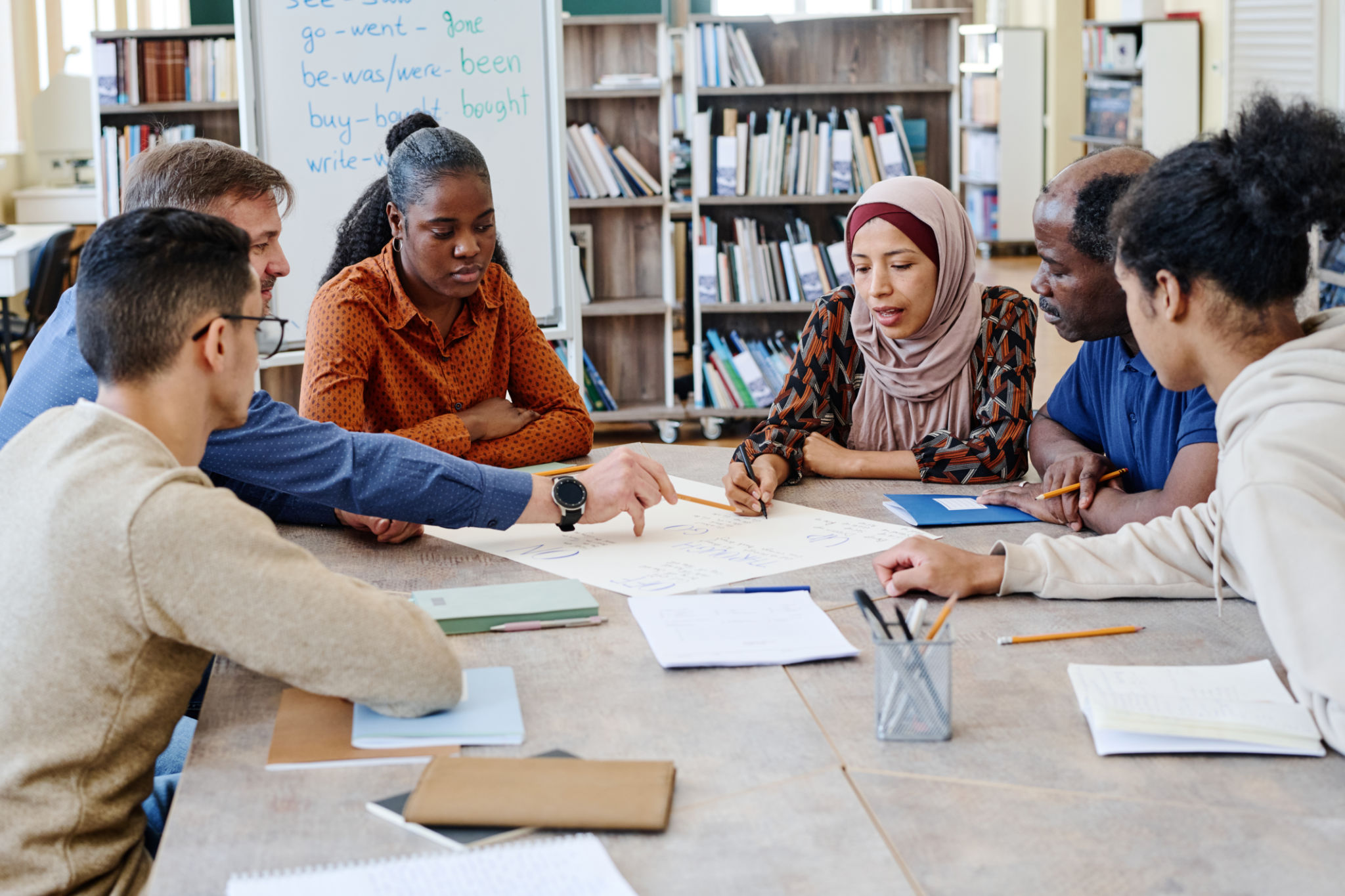Navigating the Refugee Education Landscape in Illinois: What You Need to Know
Understanding the Refugee Education System in Illinois
Illinois is home to a diverse population, including a growing number of refugees seeking to rebuild their lives in a new environment. As these individuals and families settle, education becomes a critical component in their integration and success. Understanding the unique challenges and opportunities within the refugee education landscape is vital for educators, policymakers, and communities.
Refugee students often face significant barriers to education, including language differences, gaps in prior schooling, and the psychological impacts of displacement. However, Illinois has developed a range of resources and programs to support these students as they navigate the education system. By leveraging these resources, schools can create more inclusive and supportive learning environments.

Key Programs Supporting Refugee Education
Several programs in Illinois are specifically designed to assist refugee students. These initiatives aim to provide comprehensive support that addresses both academic and socio-emotional needs. Understanding these programs is crucial for educators and administrators working with refugee populations.
- Refugee School Impact Program: This program provides grants to schools to enhance their capacity to serve refugee students. It focuses on improving educational outcomes through tailored services such as tutoring and extracurricular activities.
- English Language Learner (ELL) Support: Many refugees arrive with limited English proficiency. Schools offer ELL programs to help students develop language skills necessary for academic success.

Navigating Language Barriers
Language is one of the most significant hurdles refugee students encounter. Schools in Illinois employ various strategies to mitigate these challenges, including bilingual education and translation services for parents. These efforts are essential in bridging communication gaps and ensuring that families can engage effectively with the educational process.
Beyond classroom instruction, community organizations often play a crucial role in providing language support through after-school programs and adult education classes. These resources help not only students but also their families, fostering an environment where everyone can thrive.

Creating Inclusive Educational Environments
Building an inclusive school culture is vital for the success of refugee students. Educators can enhance inclusivity by incorporating culturally responsive teaching methods and curricula that reflect the diverse backgrounds of their students. Professional development for teachers on cultural competency is another important tool for fostering understanding and empathy.
In addition, schools can promote inclusivity by engaging with refugee communities through events and workshops. This engagement not only strengthens community ties but also provides valuable insights into the specific needs and experiences of refugee families.
The Role of Community Partnerships
Collaboration between schools, local organizations, and government agencies is crucial in supporting refugee education. Community partnerships can provide additional resources, such as mentoring programs, scholarships, and mental health services, which are essential for holistic support.
By working together, these partners can address systemic barriers and create a more equitable educational landscape for refugee students. This collaborative approach ensures that all students have access to the tools they need to succeed academically and socially.

The Path Forward
While significant progress has been made in supporting refugee students in Illinois, ongoing efforts are needed to address emerging challenges. Continuous evaluation of existing programs and the development of innovative solutions will be key in adapting to the evolving needs of refugee communities.
By remaining committed to inclusivity and equity, Illinois can continue to serve as a model for refugee education. Through dedicated support and collaboration, we can ensure that every student has the opportunity to achieve their full potential.